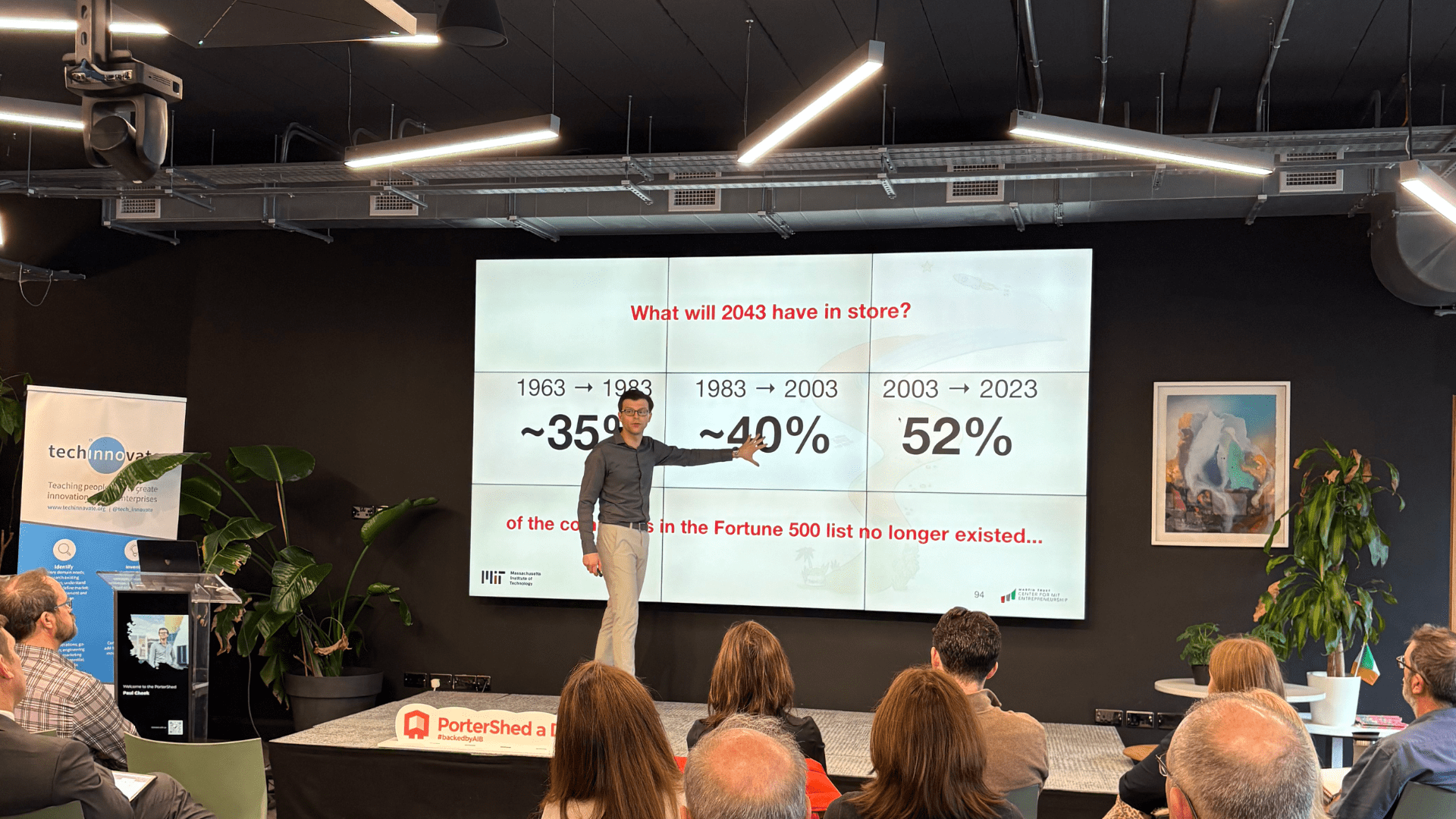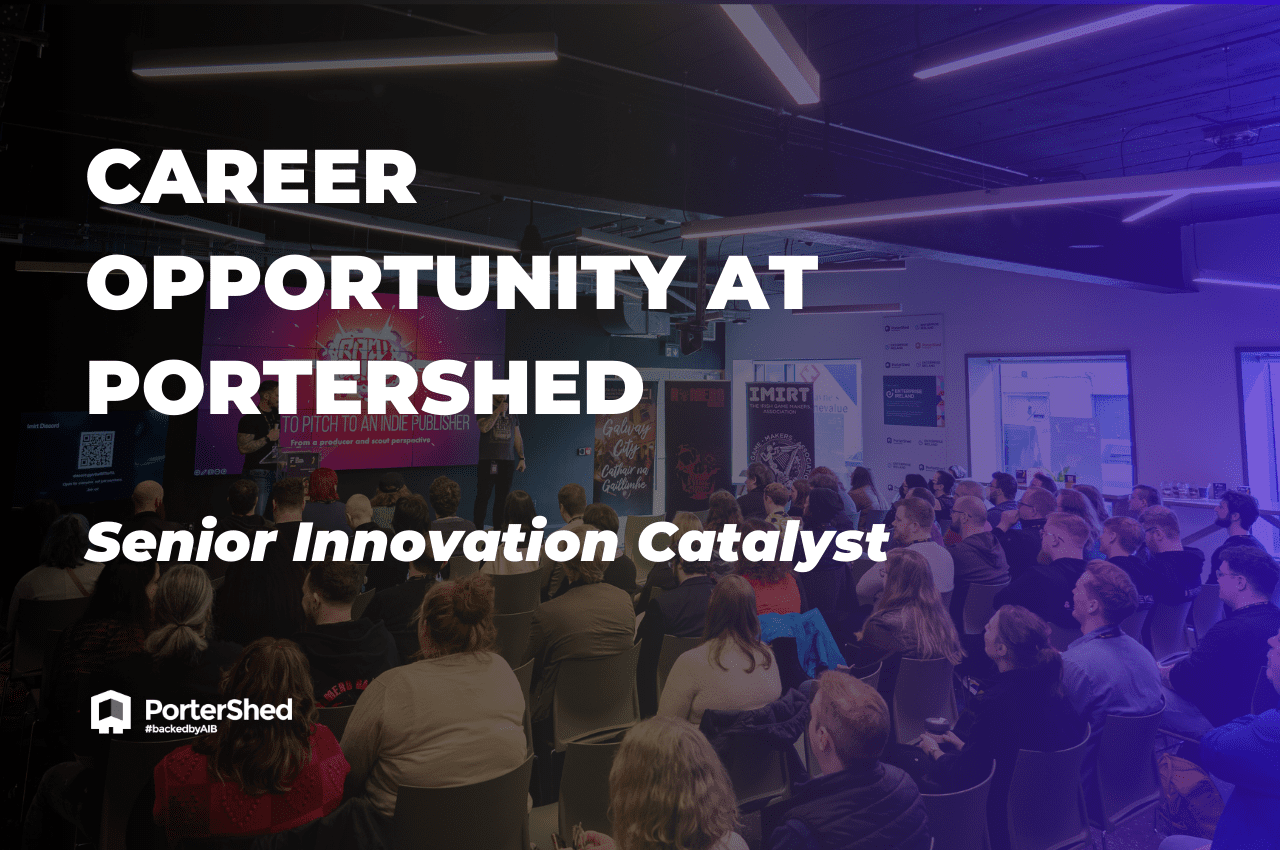

Bob Rosenberg
Educator (Associate Professor) / Entrepreneur / Leader of angel communities /
Entrepreneur in residence at PorterShed and BioExcel
Looking over the horizon
A good salesperson sells a product.
A great salesperson learns to think like a customer.
When it comes to startups, the primary customer is the money that makes everything go. In other words, the angels, VCs, and investment banks who back startups.
Thinking like them is a critical piece of the puzzle.
Over the last two weeks, I’ve been reaching out to a variety of investors (mostly in the States, where 80% of venture resides) and accelerator managers, and I’ve sat in on more than a few conference call with those in the business discussing the current state of affairs.
Understanding the landscape and the emerging horizon is ever more important in the current state of suspended animation — and in the months ahead.
What did I hear?
A welter of voices, a lot of uncertainty, some brave-faced whistling past a graveyard. Here are some examples:
There’s no shortage of money and lots of deals are getting done (I believe the former; there is no available data to support the latter).
Money will dry up quickly, or be focused on efforts to prop up the most likely ‘winners’ in a given funding cycle. VCs will go into the post-2001 crash mode – keeping companies alive, accessing managerial skills that most VCs don’t normally provide.
VCs in fundraising mode will have a harder time (the Vix effect, market downturns, a flight to safety) finding investors, and syndicating deals will be more challenging (the Starbuck’s effect) .
Money will be available because, at 0% interest and a highly-volatile stock market, there are few alternative investments.
Funding will shift to more risk-averse business models, a narrower range of meat-and-potatoes companies (online, service, healthcare).
There will be a huge impact on the accelerator business. The boom market in accelerators is over, social distancing means that the pedagogy and business model of accelerators and hubs will have to change.
New accelerators (and new funding vehicles) will arise for ‘boutique’ businesses. New loan programs, new working capital tools, new ways to float the businesses will be created to replace models that won’t survive, that will provide career alternatives for those who displaced in the new reality.
Far-sighted ‘winner’ communities will provide the necessary supports to encourage and promote – and fund – startups, create new jobs, businesses, opportunities.
Valuations will crater; it will be a ‘golden moment’ for smart angels and seed- and A-round VCs.
The terms ‘culling the herd’ and ‘herd immunity’ were used a lot, often with a snicker. Efficient marketers always like the idea of ‘strong will survive’. I didn’t like hearing that for a variety of reasons, but list both as early candidates for catch phrases of the year.
My conclusions from this tower of Babel?
That no one knows much yet, that it’s early days, that people who consider themselves smart are good with hot takes. Predicting the virus is a more exact science than predicting the markets that are likely to result. Easier to detect is that fund managers, angels, investors are all feeling the same anxieties that we’re feeling in the startup community.
One topic heard over and over: investors are looking to the horizon for answers. They are all looking to the funders who will follow them for clues. Even if I have fresh money to deploy, even if I’m in the right sectors to take advantage of the current moment, I’m looking for signals from those in subsequent rounds.
Angels are wondering where A-round VCs will be in a year.
A-round investors are trying to figure out the impact on B-round funds.
B-rounds are anxious about C-rounders who are anxious about D-rounders.
And they all worry about the economy and its impact on the Bain Capitals and investment banks of the world, on large companies and acquisitions, on international trade and trade barriers, ultimately on IPOs and market liquidity.
When investors look at your business, they are wondering about who will be the most like candidates to lead the next funding round.
The bottom line for startups: it’s never too early to begin looking to the horizon by talking to later-round VCs (even a couple of rounds later than your current funding status). Even if it’s only to provide an introduction, to get reactions to the current business concept (and possible contacts), and to begin an ongoing dialogue as you move inexorably toward their funding world.
Which is why I urge companies to set up a dashboard with critical information (customers, cash flow, new product developments, new opportunities and challenges) that can go in a regular email to a growing list of customers, prospective customers, partners, supporters, investors, etc.
So when seed investors ask (or even before they ask), you can say ‘We’ve talked to Fountain and NEA and Oxford (or insert any A-round funders) and they’ve all expressed interest in our business’. That kind of horizon scanning can be invaluable in a funding decision.
Especially at a time of uncertainty, you can anticipate your customer’s needs. Because they are looking at the horizon, waiting for a sign.


